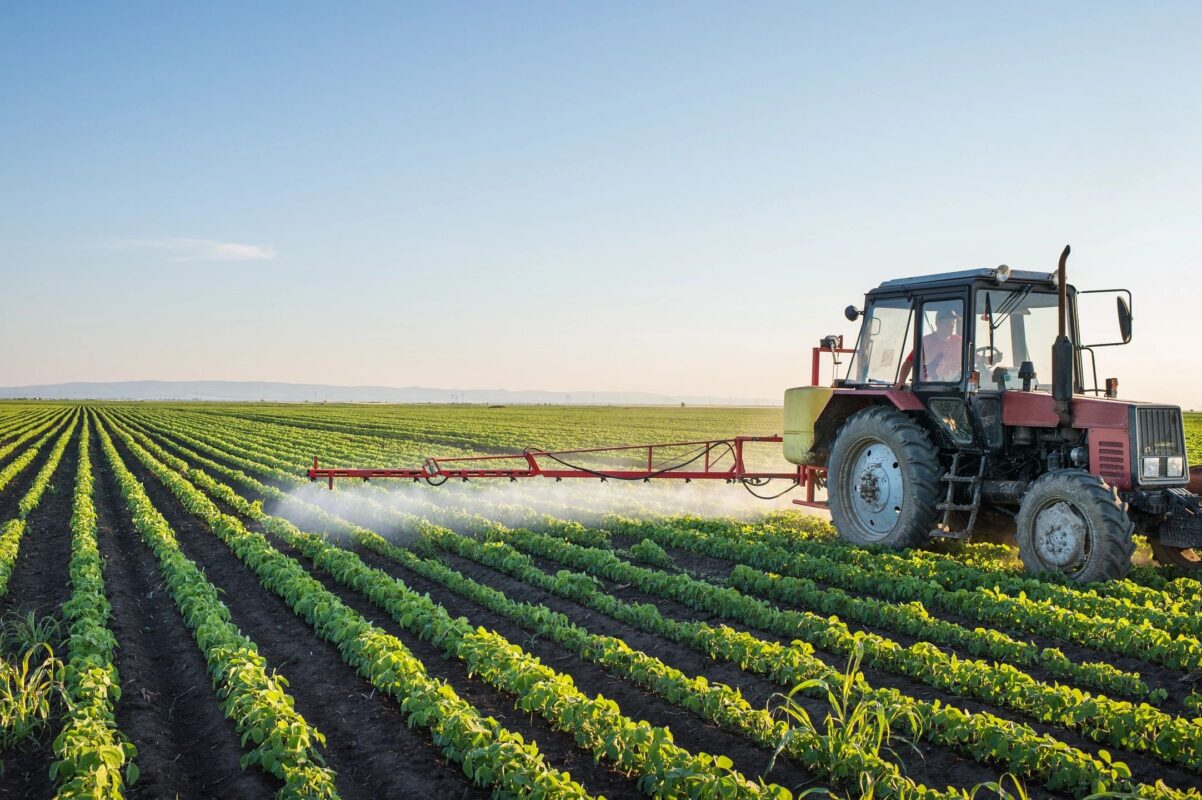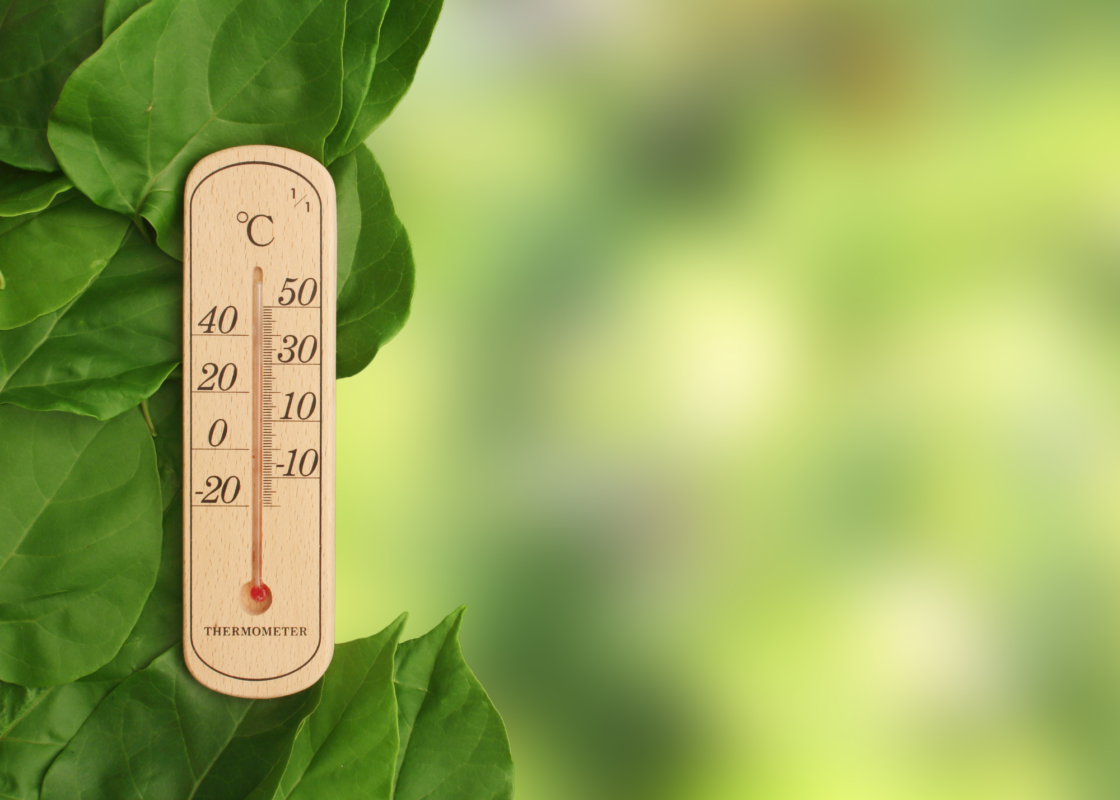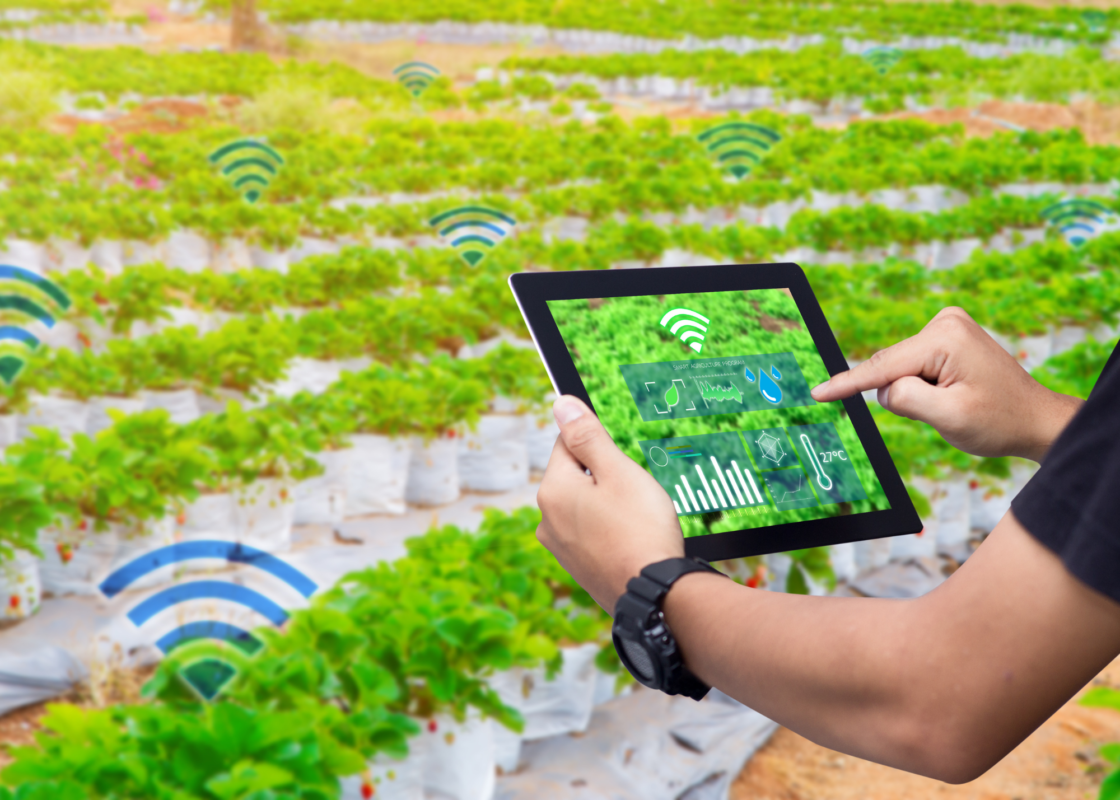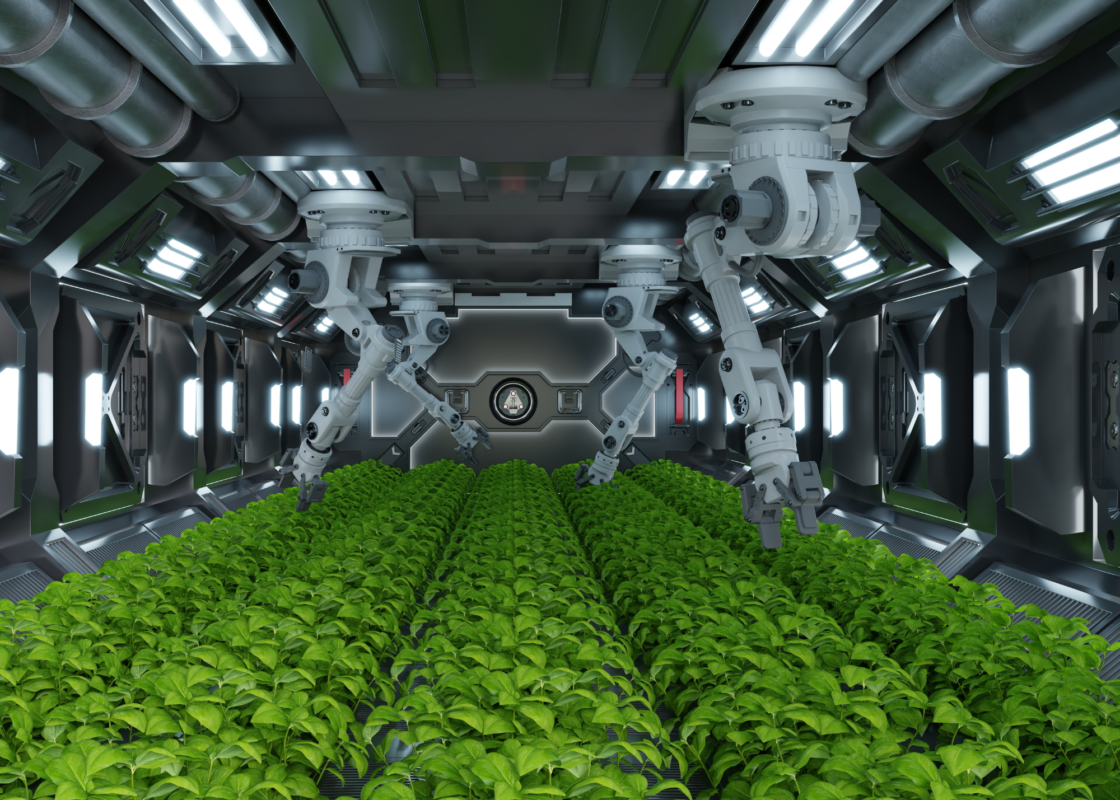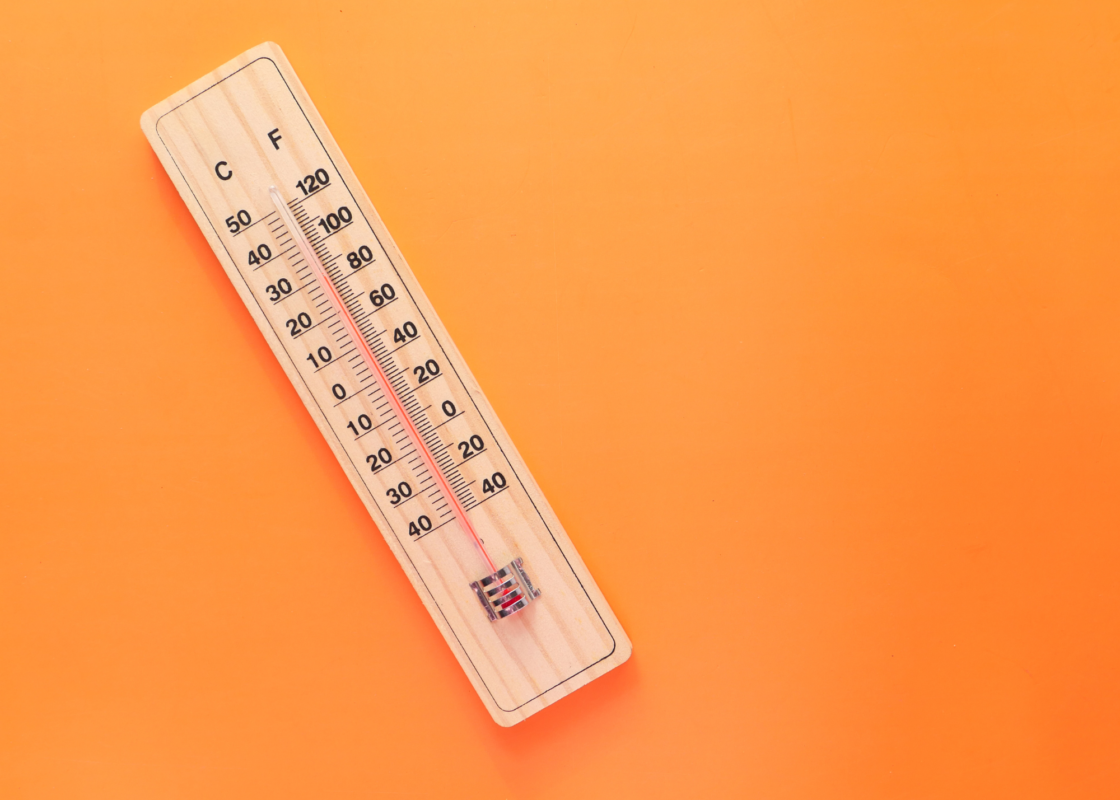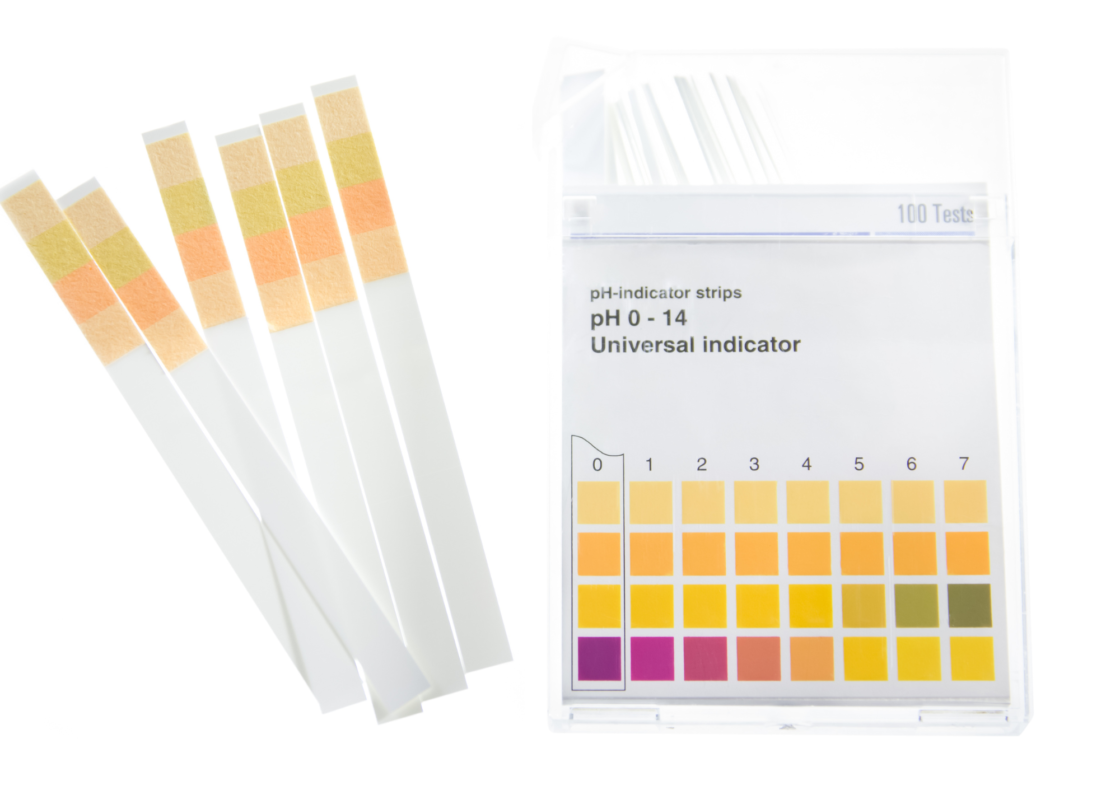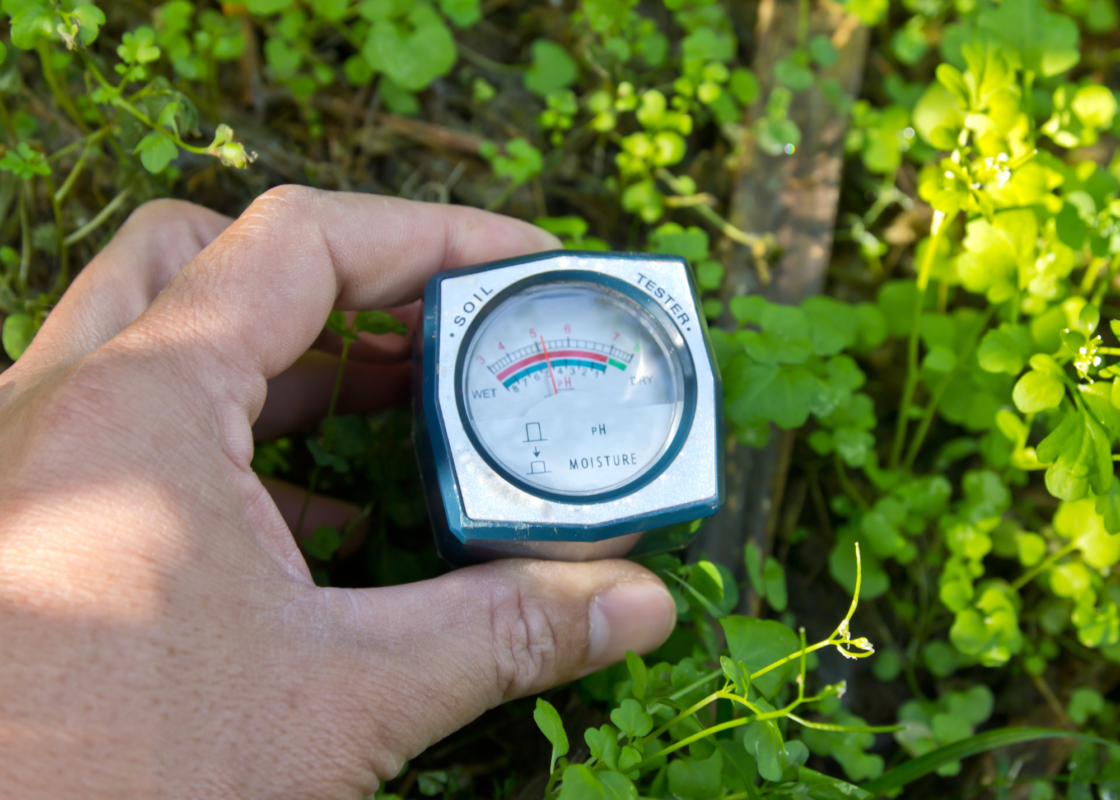Farming is a critical industry that plays a vital role in feeding the world’s growing population. The use of IoT sensors in farming can help improve efficiency, reduce waste, and increase crop yields. These sensors can be placed in the soil to measure moisture levels, temperature, and pH, allowing farmers to optimize irrigation and fertilization schedules. They can also be used to monitor the growth and health of crops, alerting farmers to potential problems such as pests or disease. In addition, IoT sensors can be used to track the movements and behaviors of livestock, helping farmers optimize animal welfare and productivity. Overall, the incorporation of IoT technology in farming can help to ensure a more sustainable and efficient food production system.
Temperature, pH, and soil moisture are all important factors that can affect the health and growth of plants in agriculture. Here is a brief overview of why each of these factors is important:
Proper monitoring of soil metrics and automation of irrigation can help improve agricultural yields, reduce wastage, and prevent runoff
Automation of irrigation can also help reduce water wastage and prevent runoff. By using automated irrigation systems, farmers can set specific watering schedules that are tailored to the needs of their crops. This can help reduce the risk of overwatering, which can lead to water wastage and runoff. Automated irrigation systems can also be programmed to shut off when it is raining, which can further help reduce water wastage.
Overall, proper monitoring of soil metrics and automation of irrigation can help farmers achieve better crop yields, reduce water wastage, and prevent runoff, which can all contribute to more sustainable and efficient agricultural practices.

